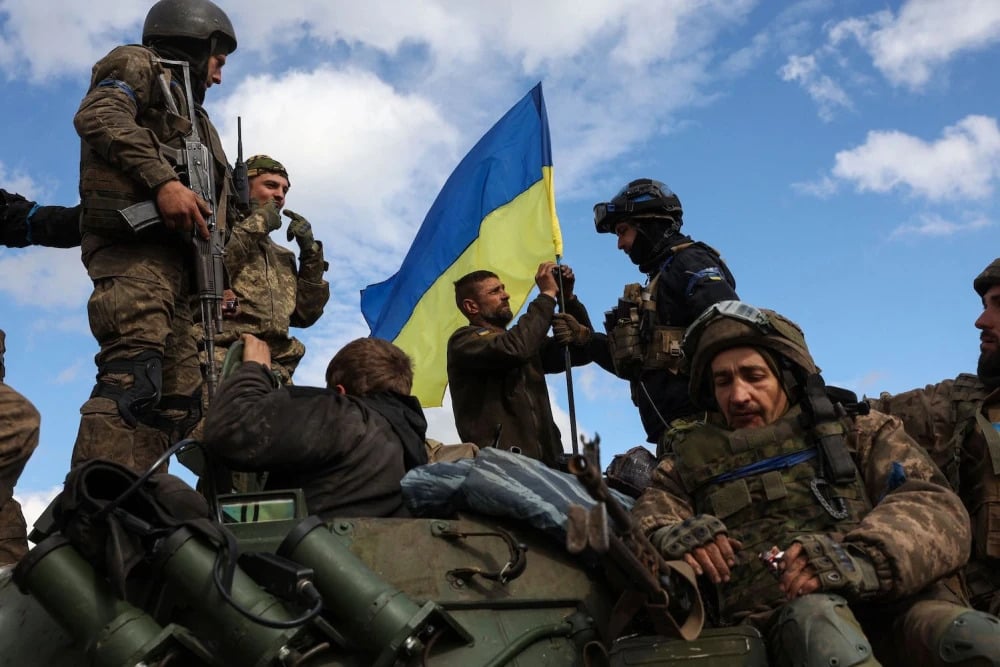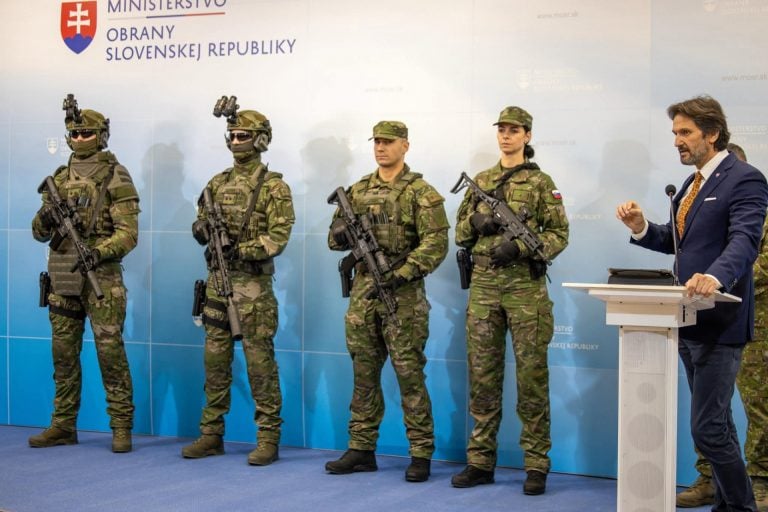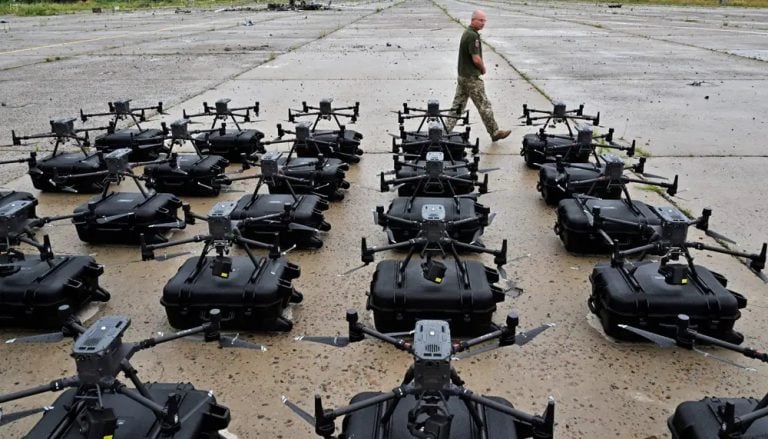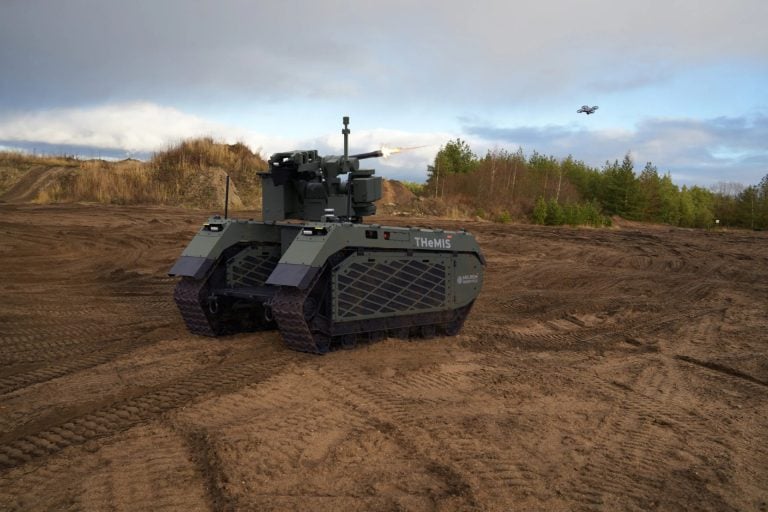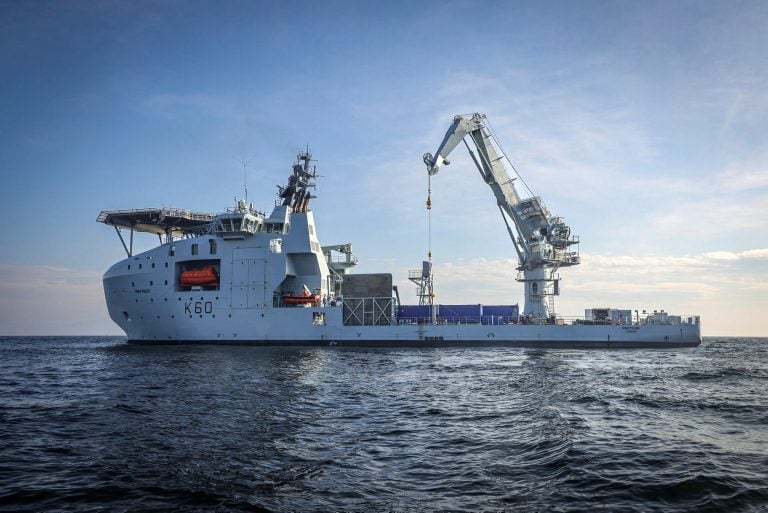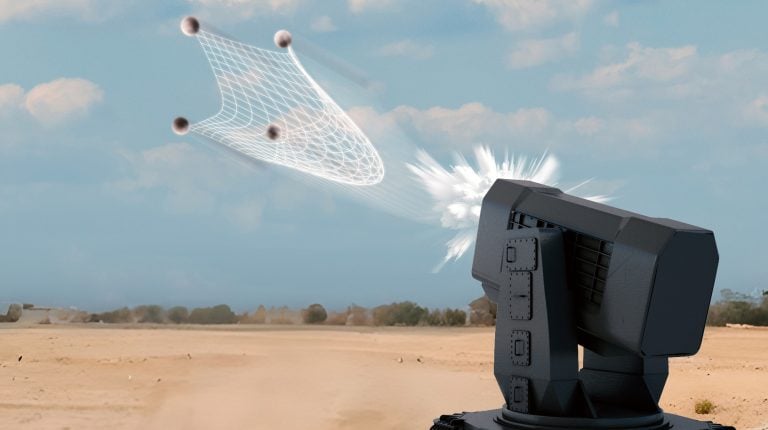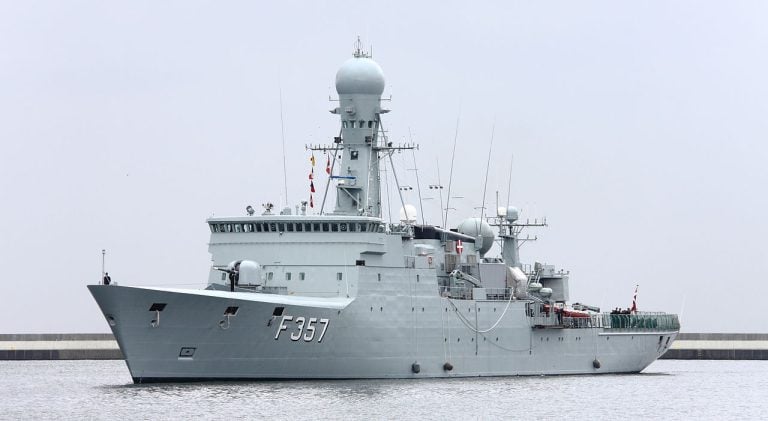Ukrainian President Volodymyr Zelensky commemorated the third anniversary of Russia’s invasion with a speech emphasizing the nation’s resilience and bravery. As European leaders descended upon Kyiv to demonstrate solidarity, Zelensky reflected on the profound impact of the conflict that has claimed tens of thousands of lives—both military and civilian—and forced millions of Ukrainians to flee their homes.
The invasion, initiated by Russian President Vladimir Putin under the guise of a “special military operation,” has ignited the most significant conflict in Europe since World War II. The enduring war has devastated cities throughout Ukraine’s southern and eastern regions, raising alarms about the ongoing humanitarian crisis and security concerns across Europe.
However, the current geopolitical climate has shifted, especially with the potential return of former U.S. President Donald Trump to the White House. His approach to foreign policy raises questions about continued military and financial support for Ukraine, a crucial element in maintaining the coalition formed between the West and Kyiv since the war’s outset. Trump’s overtures to Russia have led to increased apprehension in Ukraine, as Russian forces continue their advancements in the eastern frontlines.
In a potent declaration of unity, European Commission Chief Ursula von der Leyen articulated that Ukraine’s struggle reflects Europe’s broader fate. “We are in Kyiv today because Ukraine is Europe,” she proclaimed, emphasizing that the conflict is not solely a matter of Ukrainian sovereignty but of European security itself.
Simultaneously, the European Union announced fresh sanctions against Russia, targeting elements of what it calls a “shadow fleet,” as well as parties supporting the operation of unsafe oil tankers and technology aiding drone warfare. Kaja Kallas, the EU’s top diplomat, underscored the commitment to holding accountable those involved in facilitating Russia’s war efforts.
The mood in Kyiv was heightened by the presence of leaders from multiple countries, including Canada, Denmark, Finland, and Spain, who arrived to express their support. Zelensky highlighted that 13 leaders were in Kyiv for discussions, with an additional 24 joining virtually, revealing hopes that the meeting could result in a pivotal moment in the ongoing conflict. He reiterated the need for security guarantees to prevent Russia from exploiting any ceasefire to regroup and reignite military aggression.
The Kremlin, however, remains staunch in its position, reaffirming that it will not relinquish any territories captured in the conflict and continues to resist Ukrainian aspirations for NATO membership.
Amid this precarious landscape, there are mounting concerns in Ukraine regarding Trump’s calls for a swift resolution to the war, prompting fears about the implications such a ceasefire could bring. Ukrainian soldiers expressed anxiety over the potential for intensified violence before any such negotiation, illustrating the high stakes within the military ranks.
French President Emmanuel Macron, who was set to meet with Trump later, expressed intentions to reinforce the message that any form of weakness in the face of Russian aggression is unacceptable.
As the anniversary serves as both a moment of reflection and an urgent call for action, Ukrainian citizens and leaders alike grapple with the ongoing implications of this protracted conflict, striving for autonomy and a future free from the specter of war.
